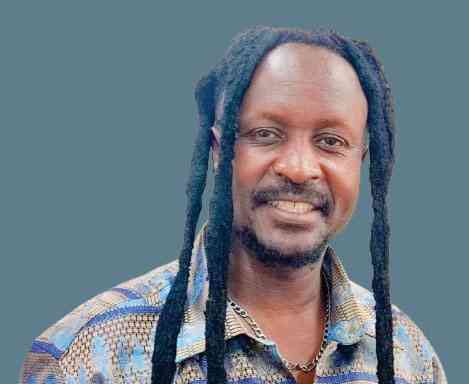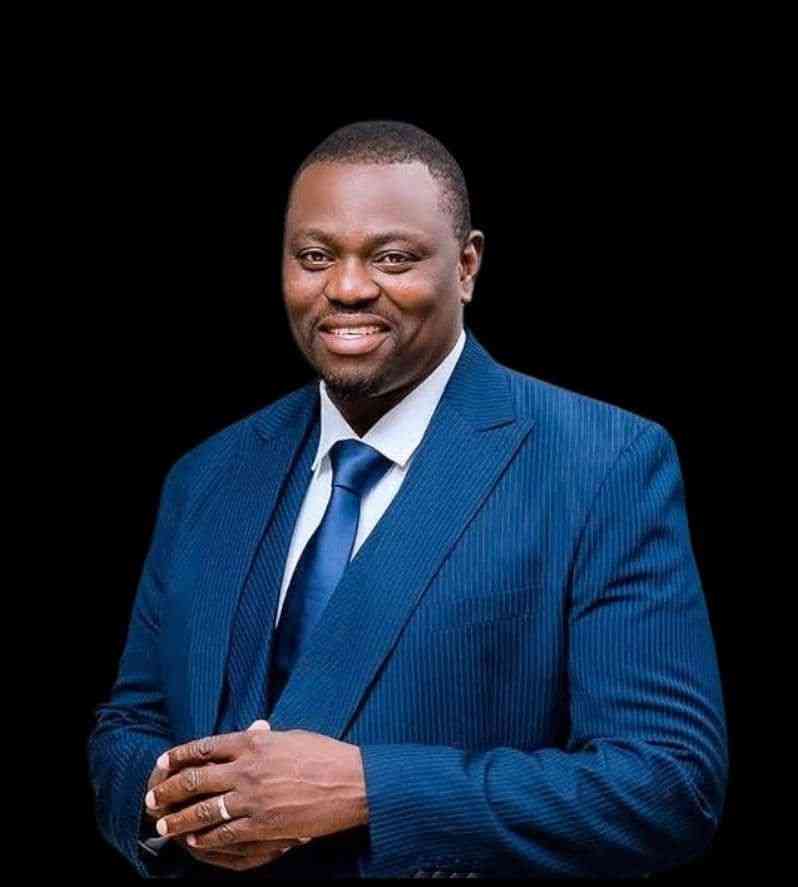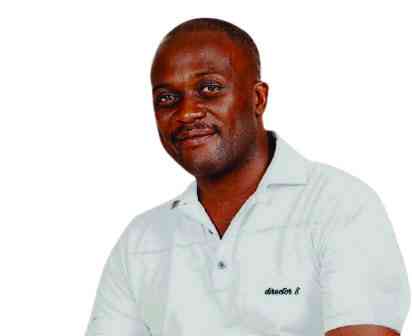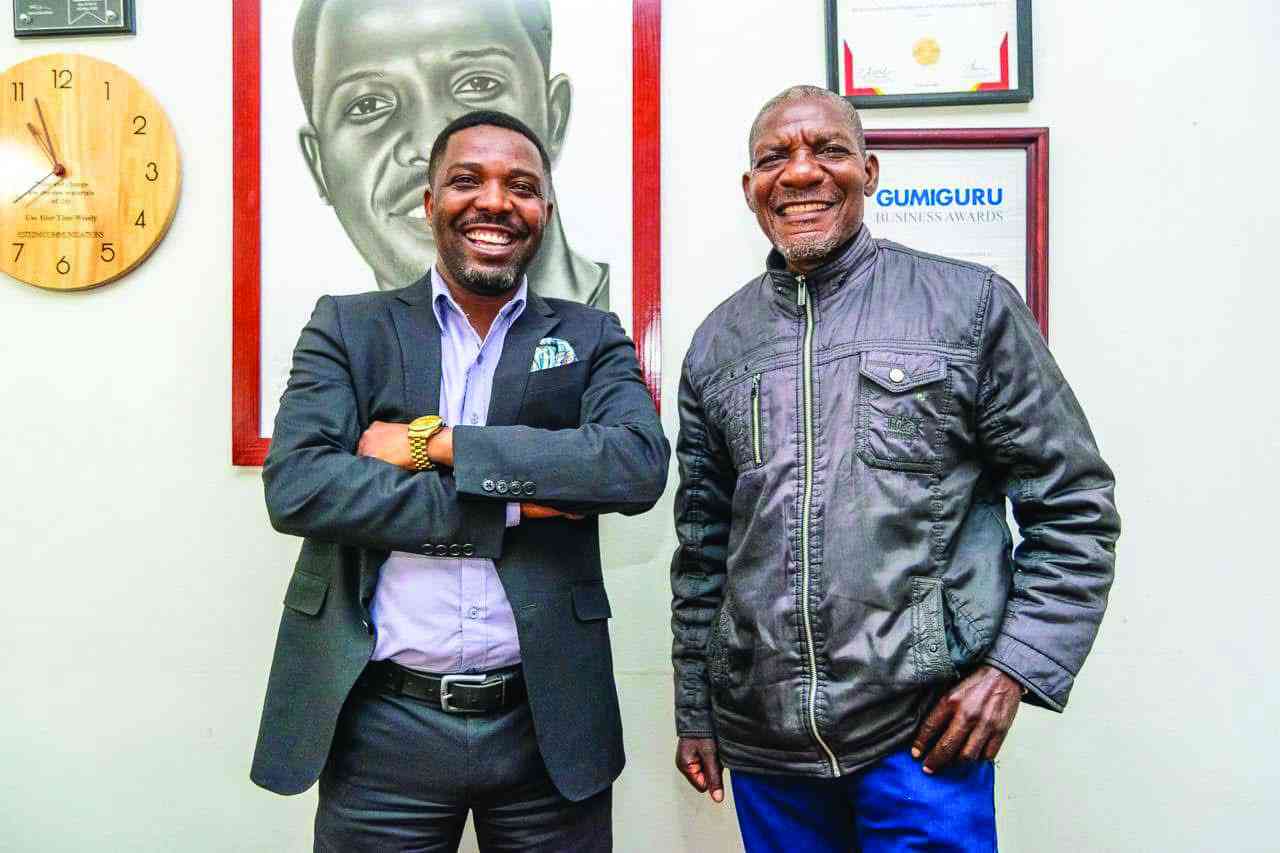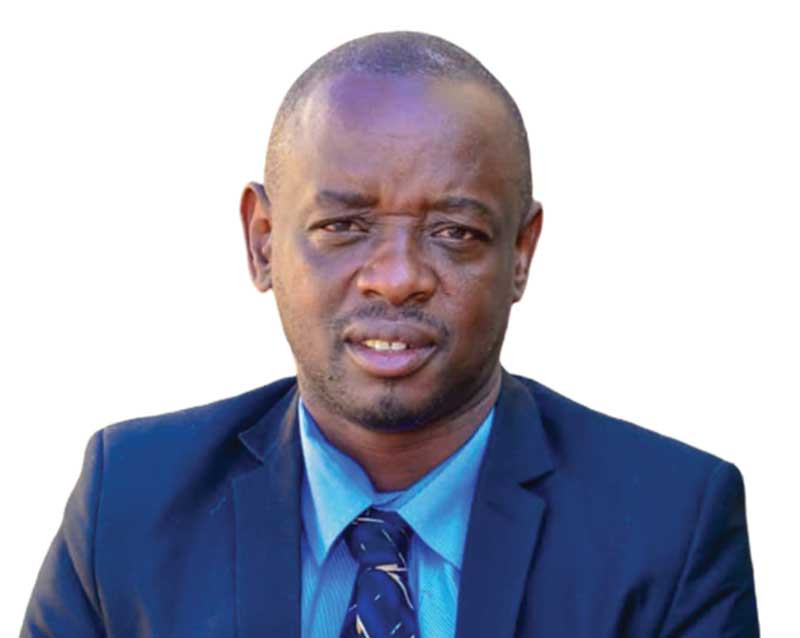
CONFLICT is a universal phenomenon that is inevitable in human interaction. As such, it cannot be avoided in the interaction between Christianity and African traditional religion.
Ever since Christianity came in contact with African traditional religion, there has always been a sharp conflict between those that subscribe to either of the belief systems.
Advocating for Christians who conduct healing and deliverance services to register has been viewed as disservice to the body of Christ.
In the same vein, forcing them to register where traditional healers are also registered has been viewed as harnessing an ox and a donkey, which cannot be equally yoked.
There is also some misconception on the term traditional, which is found in the name of the licensing council and has been viewed to imply its rootedness in traditional healers.
The Traditional Medical Practitioners Council of Zimbabwe (TMPCZ) gave notice to all unregistered traditional health practitioners to go and register in their respective provinces.
The categories are traditional healers/faith healers including prophets, apostles, bishops, traditional birth attendants/spirit mediums, churches, local and foreign traditional medical associations, associations representing all categories of different practitioners, herbalists/herbal gardens/traditional shops, distributors, manufacturers of traditional medicine, traditional surgeries, clinics and training institutions.
According to TMPC, anyone who diagnoses illness and prescribes solutions is supposed to register with the council that serves as a religiously non-aligned arm of the government.
- Masvingo turns down fire tender deal
- ZRC wraps up stakeholder consultations
- Letter from America: Ariel Primary: A school that teaches pupils to be angels
- Grace tidings: Faith of God: The access code to victorious living
Keep Reading
“We give licenses to anyone and we are bound by the terms of the Traditional Medical Practitioners Act Chapter 27:14 which stipulate that anyone who diagnoses and treats illness in any form is supposed to register with TMPC,” says TMPC registrar Givemore Kanda.
“Those who prescribe the use of water, anointing oil, leaves, soil, and roots must register (because) diagnosing that someone has a demon and subsequently chasing it away by prescribing solutions to make the demon go forever is healing and it needs registration with TMPC.”
In his submissions, the TMPC registrar indicated that there was need to demystify the perception on the word traditional — derived from the word tradition.
“When the word is being talked about in the African context, Zimbabwe in particular, it is then associated with ATR and evil yet repetition of something periodically becomes a tradition, for example, the dressing of reverends and pastors in the church who wear gowns. This became a tradition in the churches and those caught offside will be liable to a fine of US$400 or equivalent or two years imprisonment," Kanda said.
“Also please take note that TMPC does not licence for the sake of licensing or licensing to get money, but it is done to protect the health of the Zimbabwean population from unscrupulous faith healers.”
To Christians, (2 Corinthians 6:14 and Deuteronomy 22:10) are the often-cited verses calling believers to be “equally yoked”.
To be yoked refers to two oxen that are joined by a wooden bar in order to complete work together.
A donkey and an ox cannot complete a task together well (Deut 22:10).
Using this imagery, Christians cannot be partnered with traditional healers or be housed under one roof since the traditional healers would slow down and hinder Christians work and vice versa.
The selection of animals to be yoked together was given a great deal of thought, implying that animals of the same type were supposed to be paired together; oxen with oxen, donkeys with donkeys and not an ox and a donkey.
According to Reverend Innocent Chitanda, the secretary general of Union For Development Of Apostolic Churches In Zimbabwe (UDACIZA), the notion of advocating for the registration of those who do faith healing, pastors, apostles, prophets, churches and bishops under one umbrella board (TMPC) is uncalled for.
“There was need for consultation with faith-based organizations before implementation. We have faith-based institutions that register churches such as UDACIZA, ZCC, ZCBC and EFZ who all fall under the Head of Christian Denominations, hence it was even workable to engage them to come to common ground to address the perceived challenges of putting us in the same basket with sangomas and n’angas,” said Chitanda.
There is fear that TMPC will end up with cross pollination of religions and consequently they will lose their uniqueness when juxtaposed. Due to this form of syncretism, one may easily conclude that the connection of Christianity to ATR implies the distortion of both systems.
From the healers’ perspective, Christianity and traditional religion are considered to be related systems of thought and practice.
According to the Zinatha president George Kandiero they have witnessed fly-by-night pastors, who consult members of their association while some traditional healers claim to be belonging to certain churches.
There is now what can be termed African Christianity, a synthesis of Christianity and African religion.
"Those who practice it do not inevitably perceive any contradictions between the two religions, nor do they regard themselves as embracing two different religious traditions.
To Apostle Davis Mambure, the secretary-general of the Zimbabwe Council of Pentecostal Churches (ZCPC), placing a demand on every pastor is a fulfillment of scripture that Christ's disciples shall suffer persecution.
Additionally, arresting or jailing pastors or prophets for non-compliance with this act is largely viewed as persecution of the church by the government.
“Those complying and yet they do not operate healing centers or ‘clinics’ are doing a disservice to the institution of the church and essentially to the government,” Apostle Mambure said.
“The government needs to correct this and give adequate information about the Christian faith and guidance on matters of religion from the clergy in the interest of nation building, peace and liberty of all citizens (because) churches are places of worship and hence they need to be treated as such and not places of healing.”
Zimbabwe has a three-tier health system where citizens visit the traditional healers, prophets, and western style hospitals and clinics for health and healing.
However issues arise when traditional healers use various methods and techniques such as divination, cleansing rituals, protective amulets, and herbs to cure and heal.
In the same vein, modern day contemporary prophets have resolved to use anointing oil and handkerchiefs to cure while prophets from the white garments have used Muhacha, water and eggs, among others to cure sicknesses.
Unfortunately, like any other health delivery system, the traditional Shona system and those from prophets are susceptible to abuse and to unscrupulous practitioners.

